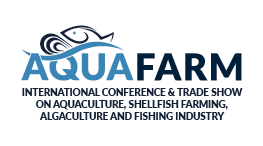LithuaniaMember Countries
Klaipėda University’s Fisheries and Aquaculture Laboratory turns waste into value
This article was featured in Eurofish Magazine 6 2025.
From stock assessment to recirculation aquaculture system pilots,…




